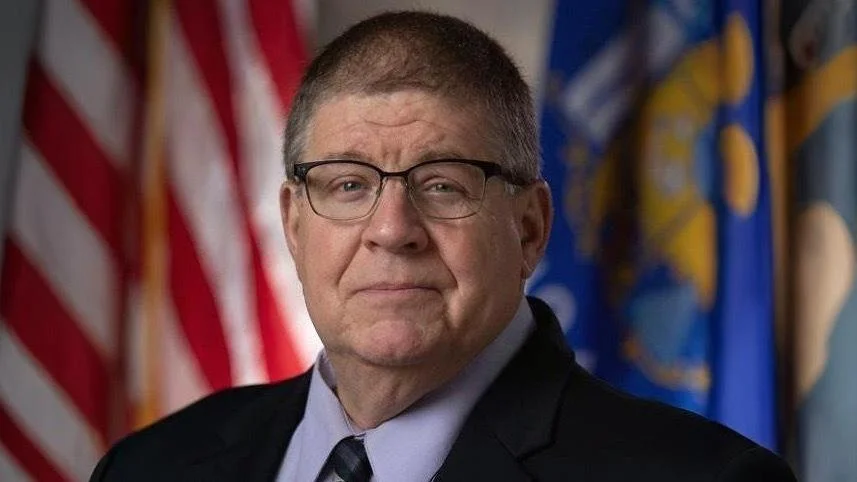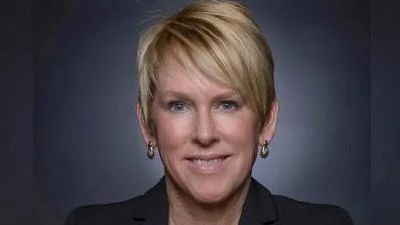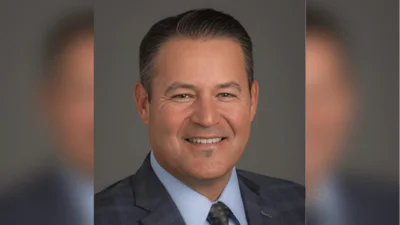David Armstrong, Wisconsin State Representative for 67th District | https://www.facebook.com/RepArmstrongWI/
David Armstrong, Wisconsin State Representative for 67th District | https://www.facebook.com/RepArmstrongWI/
According to the Wisconsin State Legislature's official website, the bill was described as follows: "an income tax subtraction for certain expenses paid by a school teacher. (FE)".
The following is our breakdown, based on the actual bill text, and may include interpretation to clarify its provisions.
In essence, this bill establishes a state income tax subtraction for eligible expenses incurred by elementary or secondary school teachers, similar to federal tax regulations. Teachers can subtract up to $300 in expenses paid during the taxable year for costs such as professional development and classroom supplies, aligning with the federal deduction under 26 USC 62. The subtraction is applicable regardless of whether the teacher claims these expenses on federal taxes. This provision is effective for taxable years beginning after Dec. 31, 2024. The bill may also be evaluated by the Joint Survey Committee on Tax Exemptions for further insights.
The bill was co-authored by Senator Dan Feyen (Republican-20th District), Representative Deb Andraca (Democrat-23rd District), Representative Mike Bare (Democrat-80th District), Representative Barbara Dittrich (Republican-99th District), and Representative Bob G. Donovan (Republican-61st District). It was co-sponsored by Senator Kristin Dassler-Alfheim (Democrat-18th District), Senator Rob Hutton (Republican-5th District), and Senator Van H. Wanggaard (Republican-21st District), along with 21 other co-sponsors.
David Armstrong has co-authored or authored another 20 bills since the beginning of the 2025 session, with none of them being enacted.
Armstrong, a Republican, was elected to the Wisconsin State Assembly in 2025 to represent the state's 67th Assembly district, replacing previous state representative Rob Summerfield.
In Wisconsin, the legislative process starts when a senator, constituent, group, or agency proposes an idea for a bill. After drafting, the bill is introduced, numbered, and referred to a committee for review and public input. If approved, it moves through three readings and votes in both the Senate and Assembly. Once both chambers pass the same version, the bill goes to the governor, who can sign it, veto it, or let it become law without a signature. Only a small share of bills introduced each session ultimately become law. You can learn more about the Wisconsin legislative process here.
| Bill Number | Date Introduced | Short Description |
|---|---|---|
| AB64 | 02/24/2025 | An income tax subtraction for certain expenses paid by a school teacher. (FE) |
| AB63 | 02/24/2025 | Financing the operating costs and certain out-of-state projects of nonprofit institutions and compensation of employees of the Wisconsin Health and Educational Facilities Authority. (FE) |
| AB59 | 02/24/2025 | The use of federal capitalization grant funds for lead service line replacement. (FE) |
| AB53 | 02/24/2025 | Special circumstances battery to a community service officer and providing a penalty |
| AB41 | 02/17/2025 | Local regulation of vegetable gardens |
| AB35 | 02/17/2025 | Withdrawal of candidacy for certain offices filled at the general election and providing a penalty. (FE) |
| AB21 | 02/06/2025 | Technical colleges’ lease of their facilities to others. (FE) |
| AB12 | 02/06/2025 | State agency status for certain physician assistants and advanced practice nurses who provide services without compensation for local health departments or school districts. (FE) |





 Alerts Sign-up
Alerts Sign-up